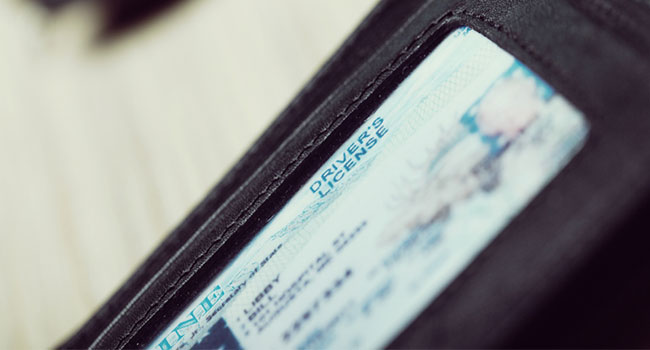
Report: ICE Used Facial Recognition Technology To Search Multiple State Driver's License Databases
In states where undocumented immigrants can obtain driver’s licenses, ICE has asked agencies to search for matches in their databases. Two have complied.
- By Haley Samsel
- Jul 09, 2019
Officials working on behalf of Immigration and Customs Enforcement have used facial recognition technology to search driver’s license databases in states that offer licenses to undocumented immigrants, according to several news reports.
In Utah and Vermont, state agencies complied with requests to search their databases for matches of photographs of alleged undocumented immigrants, The Washington Post and The New York Times reported Sunday. ICE agents also issued subpoenas of the Washington state licensing department to conduct facial recognition scans, but the publications could not verify whether or not the agency actually carried out the searches.
The revelations stem from documents obtained by the Georgetown Law Center on Privacy & Technology through public records requests. Harrison Rudolph, an associate at the center whose research focuses on government surveillance of immigrants and other communities, told the Times that the practice constitutes a “scandal.”
“States have never passed laws authorizing ICE to dive into driver’s license databases using facial recognition to look for folks,” Rudolph said. “These states have never told undocumented people that when they apply for a driver’s license they are also turning over their face to ICE. That is a huge bait and switch.”
ICE said it would not comment on specific investigative tools or practices in response to the reports. The practice is becoming increasingly common, with several states cooperating with the Federal Bureau of Investigation to use facial recognition software to search their license databases. Just like the ICE database searches, the FBI practices were not publicly disclosed and were revealed through a Center on Privacy & Technology report.
The use of facial recognition technology by law enforcement has been hotly debated since it first became available to local police forces.
Several studies, including ones conducted by the Massachusetts Institute of Technology and the American Civil Liberties Union, have found the technology is less accurate when identifying people of color and women, leading to mistaken matches and the potential for civil rights violations.
The Project on Government Oversight, a watchdog group that investigates fraud and abuse in the federal government, notes that there is little government regulation of facial recognition. Neither Congress nor most state legislatures have passed any limits on the technology, with Oregon being the only state to forbid that facial recognition be used in conjunction with police body cameras.
The House Oversight Committee has hosted two hearings on the use of facial recognition technology in recent months, and members of both parties said they were in agreement that the software should be regulated in some manner. It remains to be seen how the reports of ICE using license databases without authorized court orders will affect potential legislation.
Rep. Elijah Cummings (D-Maryland), the chairman of the Oversight Committee, said at a May hearing that the technology has “huge potential,” but is “virtually unregulated.”
“This is a bipartisan issue,” Cummings said. “Both conservatives and liberals alike have real questions about when they are being monitored, why they are being monitored, who is monitoring them, and what happens to this information after it is collected.”
About the Author
Haley Samsel is an Associate Content Editor for the Infrastructure Solutions Group at 1105 Media.